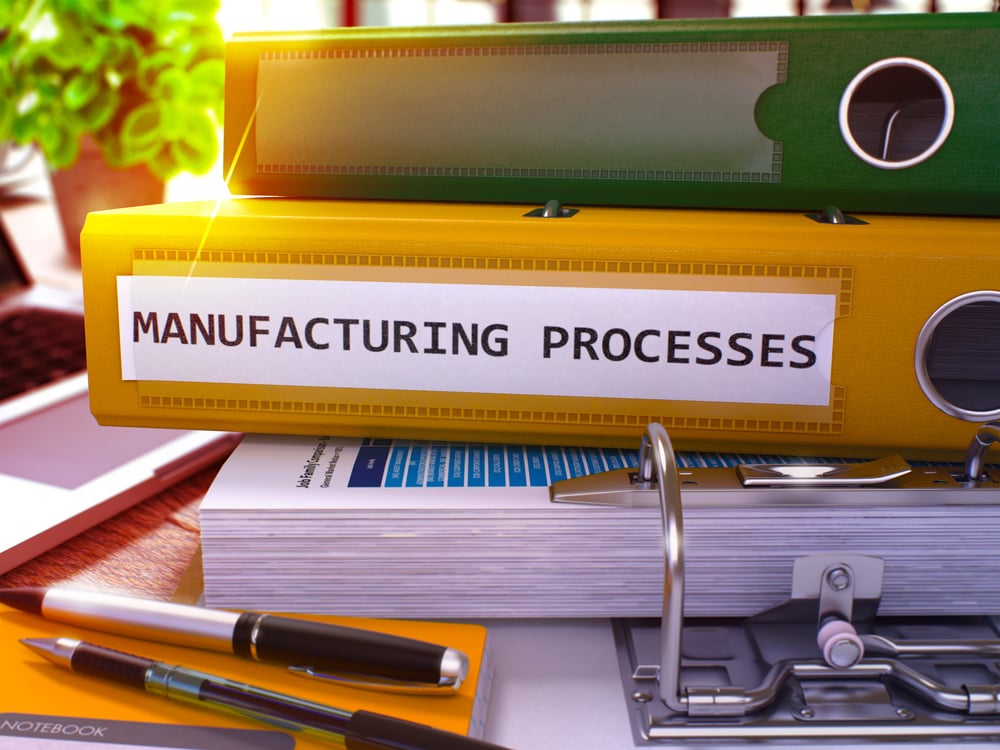Enhancing Data Security in Manufacturing with Document Scanning
Table of contents
In today’s manufacturing environment, data security is a top priority. With the digital transformation sweeping across the industry, companies are increasingly reliant on digital files and document scanning to manage their vast amounts of information. However, this shift brings its own set of challenges, particularly when it comes to protecting sensitive data. Document scanning services are emerging as a vital solution to enhance data security, helping manufacturers prevent unauthorized access and ensure compliance with industry regulations. This article will explore how secure document scanning processes can safeguard manufacturing data and contribute to more efficient, secure operations.
Would you like to proceed to the next section? If so, I can start discussing the importance of secure document scanning and its impact on manufacturing data security.
The Importance of Secure Document Scanning in Manufacturing
Manufacturing enterprises deal with a significant amount of sensitive information, ranging from proprietary designs to operational records. The shift from physical documents to digital files is a necessary part of digital transformation, but it also introduces potential vulnerabilities. Secure document scanning plays a crucial role in mitigating these risks by converting physical documents into digital formats that can be better protected through encryption, access controls, and other security measures.
When documents are securely scanned, they are not just digitized; they are also safeguarded against unauthorized access. This process ensures that only authorized personnel can view, edit, or share sensitive data. By implementing document scanning services specifically designed for manufacturing, companies can significantly reduce the risk of data breaches. For instance, these services often include stringent access controls, ensuring that sensitive data is only available to those who need it, thereby enhancing overall data protection.
For more information on how document scanning can optimize manufacturing processes, check out How Document Scanning Can Optimize Manufacturing Processes.
Enhancing Data Security Through Document Scanning
One of the primary benefits of document scanning in manufacturing is the enhanced data security it provides. By transitioning to a digital format, companies can apply various security measures that are not possible with physical documents. Encryption is one such measure that protects data from unauthorized access, making it nearly impossible for external threats to breach the system. Moreover, with secure document scanning, companies can track who accesses the documents, further preventing unauthorized activities.
The scanning process also involves meticulous measures to ensure that every piece of information is accurately captured and securely stored. This attention to detail is crucial in maintaining data integrity, which is vital for compliance with industry regulations. The cost of a data breach in the manufacturing sector can be substantial, not just in terms of financial loss but also in damage to reputation. Therefore, investing in document scanning services that prioritize security is a proactive step towards protecting sensitive information and avoiding costly breaches.
To learn more about specific scanning solutions for the manufacturing sector, visit Scanning Solutions for the Manufacturing Sector.
Preventing Unauthorized Access and Ensuring Compliance
In the manufacturing industry, safeguarding sensitive information is not just about enhancing operational efficiency; it's also about complying with stringent industry regulations. Regulatory bodies often impose strict guidelines on how data should be handled, especially in sectors where intellectual property and trade secrets are at stake. Document scanning services that are designed with compliance in mind can play a pivotal role in helping manufacturers meet these requirements.
One of the key ways that document scanning enhances data security is through access controls. By digitizing documents and storing them in secure systems, manufacturers can implement role-based access, ensuring that only authorized personnel have the ability to view, edit, or manage sensitive data. This not only prevents unauthorized access but also creates an audit trail that can be essential for compliance audits.
Moreover, securely scanned documents can be integrated into a company’s existing IT infrastructure with minimal disruption, allowing for seamless adoption without compromising security. This is particularly important for large enterprises where the scanning process must align with existing data protection protocols and workflows.
For more insights into how document scanning can be seamlessly integrated into your manufacturing processes, check out Document Scanning for Manufacturing.
The Role of Document Scanning in Preventing Data Breaches
Data breaches are a growing concern for manufacturing companies, with the potential to cause significant financial and reputational damage. The cost of a data breach goes beyond immediate losses—it can also lead to long-term challenges such as loss of customer trust and regulatory fines. Secure document scanning is a critical defense mechanism that helps prevent such breaches by ensuring that sensitive information is stored and accessed securely.
During the scanning process, physical documents are converted into digital files that are encrypted and stored in secure databases. This not only reduces the risk of physical theft but also minimizes the chances of data being compromised during digital access. Additionally, robust encryption methods and regular security audits ensure that digital documents remain protected against evolving cyber threats.
For further reading on the role of document scanning in securing manufacturing records, visit Scanning Manufacturing Records.
Cost-Effectiveness and the Broader Benefits of Digital Transformation
For manufacturing enterprises, the move toward digital transformation is driven not just by the need for enhanced security, but also by the potential for significant cost savings and operational efficiencies. While the initial investment in document scanning services might seem substantial, the long-term benefits far outweigh these costs.
Firstly, by reducing the reliance on physical documents, manufacturers can cut down on storage costs, eliminate the need for extensive physical filing systems, and reduce the risk of losing critical documents due to damage or misplacement. Digitally stored documents are easier to manage, retrieve, and share, leading to a more streamlined workflow that enhances productivity.
Additionally, digital transformation through secure document scanning allows for more effective data management. With digital files, companies can implement sophisticated access controls and auditing features that not only protect data but also facilitate compliance with industry regulations. This reduces the likelihood of non-compliance penalties, which can be costly both financially and reputationally.
Another critical aspect is the reduction in the cost of a data breach. Physical documents are more susceptible to theft, loss, or unauthorized access, while securely scanned digital files are protected by multiple layers of security, including encryption, access restrictions, and regular audits. By minimizing the risk of data breaches, companies can avoid the exorbitant costs associated with these incidents, such as legal fees, regulatory fines, and loss of customer trust.
Lastly, document scanning as part of a broader digital transformation strategy positions manufacturing companies to be more agile and responsive to market changes. It enhances data security while also providing a platform for future innovations, such as automated data processing and real-time analytics.
To explore more about how document scanning supports digital transformation in manufacturing, visit Manufacturing in the Digital Era: Streamlining Production Records.
Conclusion
In an era where data security is paramount, particularly in the manufacturing industry, secure document scanning offers a robust solution to protect sensitive information, ensure compliance, and enhance operational efficiency. By transitioning from physical to digital files, manufacturers not only bolster their data protection measures but also gain access to a range of benefits that drive cost-effectiveness and support digital transformation initiatives.
For large enterprises looking to secure their data and stay ahead in the competitive manufacturing sector, investing in comprehensive document scanning services is a strategic move that promises both short-term and long-term advantages. Fill out our "get a quote" form today to learn more about how we can help enhance your data security.
Share this
You May Also Like
These Related Stories

Overcoming Integration Challenges in Manufacturing with Document Scanning

Security and Accessibility in Manufacturing Document Management

